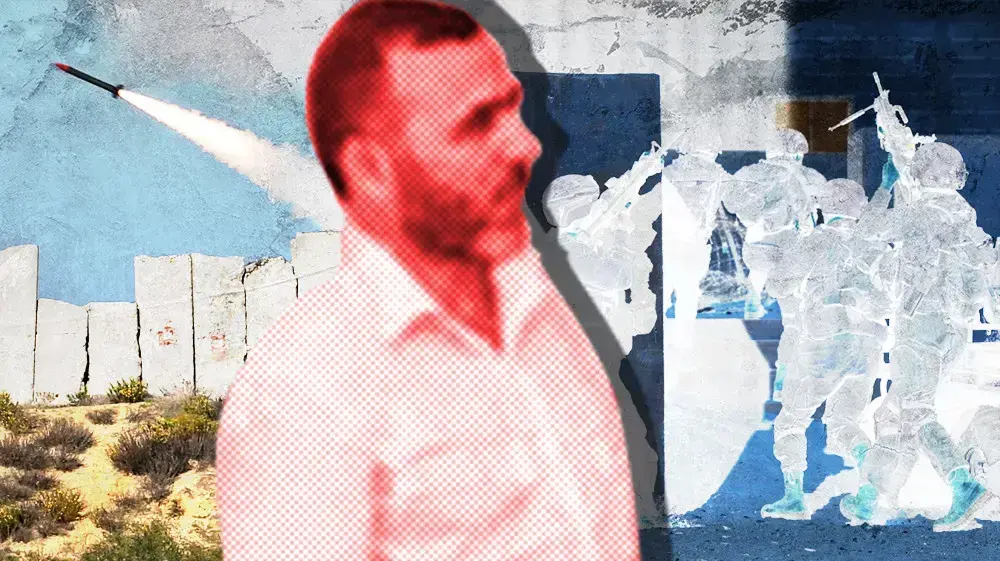What is the connection between the dramatic decline in the number of IDF recruits - especially the combat units - with the dismantling of the military bands, the closing of the "camp" newspaper this month, and the incessant talk of closing the IDF waves? This is apparently a strange question and most respondents will say there is no connection. But the ancient Greeks had already formulated the earlier version of the famous, relevant and suggestive phrase: "When the guns are thundering, the muses are silent."
Likewise, former chiefs of staff Raphael and Eisenkut were thought to have been ordered, respectively, to close the military bands 42 years ago, and the newspaper "in the camp" after 84 years of appearances. The Ministry of Defense publishes a huge cultural enterprise on military issues, Judaism And Eretz Yisrael, closed as part of the same trend of cutting everything that does not fire. We only stayed with the IDF's military marshals, who, like the Scots, the flute operators, would continue to head the column in the beacon lit ceremonies.
The IDF was not just an army from its inception. It was also a huge historical-cultural enterprise, reflecting the tremendous upheaval that the Zionist movement brought to its history with Israel. It influenced the economy, the thought, the building of a modern state. The monumental epic of the late Dr. Zahava Ostfeld, who was the director of the IDF Archives, can be impressed by the way the plant grew from nothing. All this factory was accompanied by magazines such as "Camp", "Camp Nahal", "Camp Gdana", "Air Force Magazine" and more. They were part of the mantle that enveloped the youth and the younger generation. There was a lot of innocence, a lot of billing, a lot of love for the country and its army. It is true that it was a socialist tradition, Mimi Lenin, who said that a movement with no expression - is a silent movement. But it worked. Young people were exposed to the landlords and landlords who built new estates and set the boundaries of the state, and asked to join. Readers at the Gdna Camp learned how to prepare the youth, with enthusiasm, for military service, and how to discover the new-old country on sea trips and the four-day marches. The Gdn also organized the Bible quizzes for youth from Israel and the Diaspora.
Readers of the weekly "Camp", which began to appear as a newspaper of the Haganah members in Tel Aviv in 1934, were exposed to the story of the young soldiers, in both training and operational activities. "Camp" reporters joined the fighting forces and reported from the area. A photographer and reporter for the "camp" parachuted into the Sinai war with Raphael's 400 paratroopers. Avraham Vered, the mythological photographer, even received IDF Chief of Staff coverage of the IDF operation in Operation Nokia.
Moshe Dayan issued a directive that angered the military reporters in the civilian newspapers; he stated that only the "camp" writings would be joined by the reporters and those who would report to the other newspapers. This caused a great dissatisfaction in the civilian newspapers, but Chief of Staff Dayan was adamant. Many soldiers told reporters that they decided to enlist in a particular unit after reading about it in the "camp" newspaper. They were sent home by mail. Special editions of the "camp" were sent to thousands of reserve soldiers overseas, indicating that the sheets had sparked enthusiasm and motivation to come to Israel for reserve service or enlist.
And above all this mantle hovered the most successful cultural military enterprise: the military bands. It was a unique Israeli phenomenon. The freshness, colorfulness, variety of talents, songs and skits composed by the most famous creators captured the eye and heart with joy and humor.
The people loved the army. The army loved the people. In the early years, civilians called this marvelous body "the IDF", today it is increasingly called "the army". Has the obvious symbiosis between the people and his army hurt? If so, why should the youth hurry to volunteer? An IDF spokesman says the world has changed and the media The print switched networks. interesting. We didn't hear that the US military closed its "Stars & Stripes" statement; The British army did not close the phrase "SOLDIER", and the Russian army did not close the "Red Star". Are we smarter than others?
Joseph Argaman was editor of "Camp Nahal" and "Camp"
For more views of Joseph Crimson







